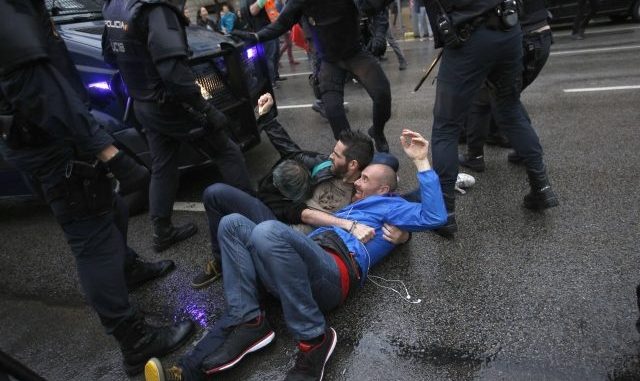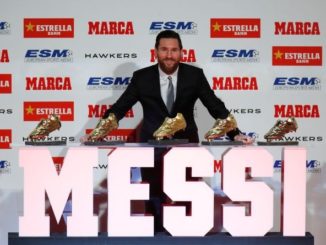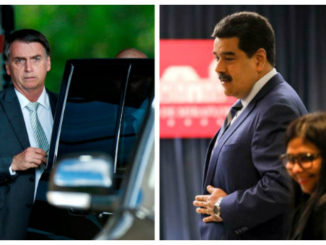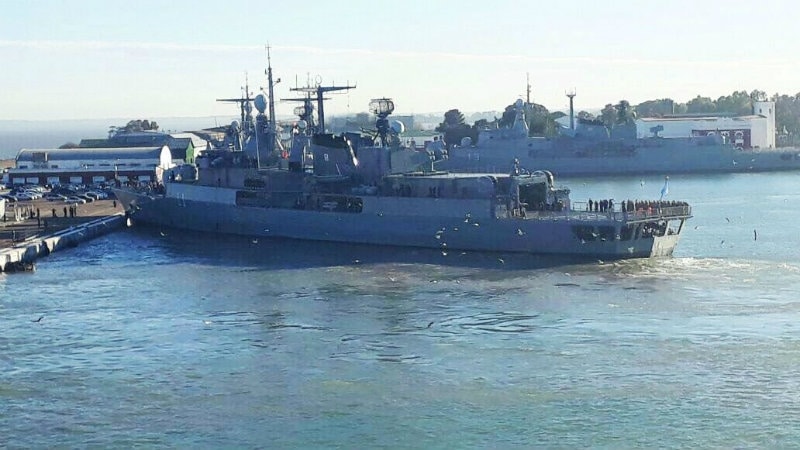
BARCELONA – A top Spanish government official in Catalonia has expressed regret about those injured when police cracked down on people taking part in a banned referendum.
Interior Ministry delegate in Catalonia, Enric Millo tempered the comments on Friday by saying the Catalan government was responsible for the situation by encouraging people to vote on October 1 despite a constitutional court order suspending the referendum.
Millo’s remarks on Catalonia’s TV3 television station were the first by a Spanish official lamenting the injuries. Spain defended the police action saying it was firm and proportionate.
Easter Island mayor looks to Catalonia as inspiration for a referendum
Millo told reporters that on knowing there were people injured: “I can only say sorry.” He said the events made him very sad, and pointed out that only one person out of four people taken to hospital remained in care. Some 900 people were treated.

Spain’s anti-riot squads fired rubber bullets, smashed into polling stations and beat protesters with batons to disperse voters on the day.
Spain’s National Court, meanwhile, unconditionally released two senior officers of Catalonia’s regional police force and the leaders of two pro-independence civic groups being investigated for sedition.
The four are to be questioned again in coming days, once the court studies a report by the Civil Guard police about incidents surrounding the referendum.
The case is linked to demonstrations on September 20-21 in Barcelona, when Spanish police arrested several Catalan government officials and raided offices in a crackdown on preparations for the referendum.
Sunday’s vote has led to Spain’s biggest political crisis in recent times, with the government condemning the independence referendum as illegal, unconstitutional and invalid.
The four being investigated are Catalan police chief Josep Lluis Trapero, Catalan police lieutenant Teresa Laplana, Jordi Sanchez, the head of the Catalan National Assembly that has been the main civic group behind the independence movement, and Jordi Cuixart, president of separatist group Omnium Cultural.

Mr Trapero was questioned for about an hour, later leaving the courthouse on foot to some applause by Basque and Catalan party representatives and some insults from bystanders. Mr Sanchez also answered questions related to his defence.
Ms Laplana, who had remained in Barcelona, declined to give evidence for medical reasons while Mr Cuixart also refused to participate, saying he did not recognise the court’s capacity to question him for a crime he did not commit.
Spanish authorities say the demonstrations hindered the Spanish police operation, and that Catalan police did not do enough to push back protesters blocking Spanish police officers from leaving a building.
Ahead of Friday’s hearing, Catalan pro-independence supporters, including politicians, stood outside as Mr Trapero, Mr Sanchez and Mr Cuixart walked into the National Court. -MercoPress



